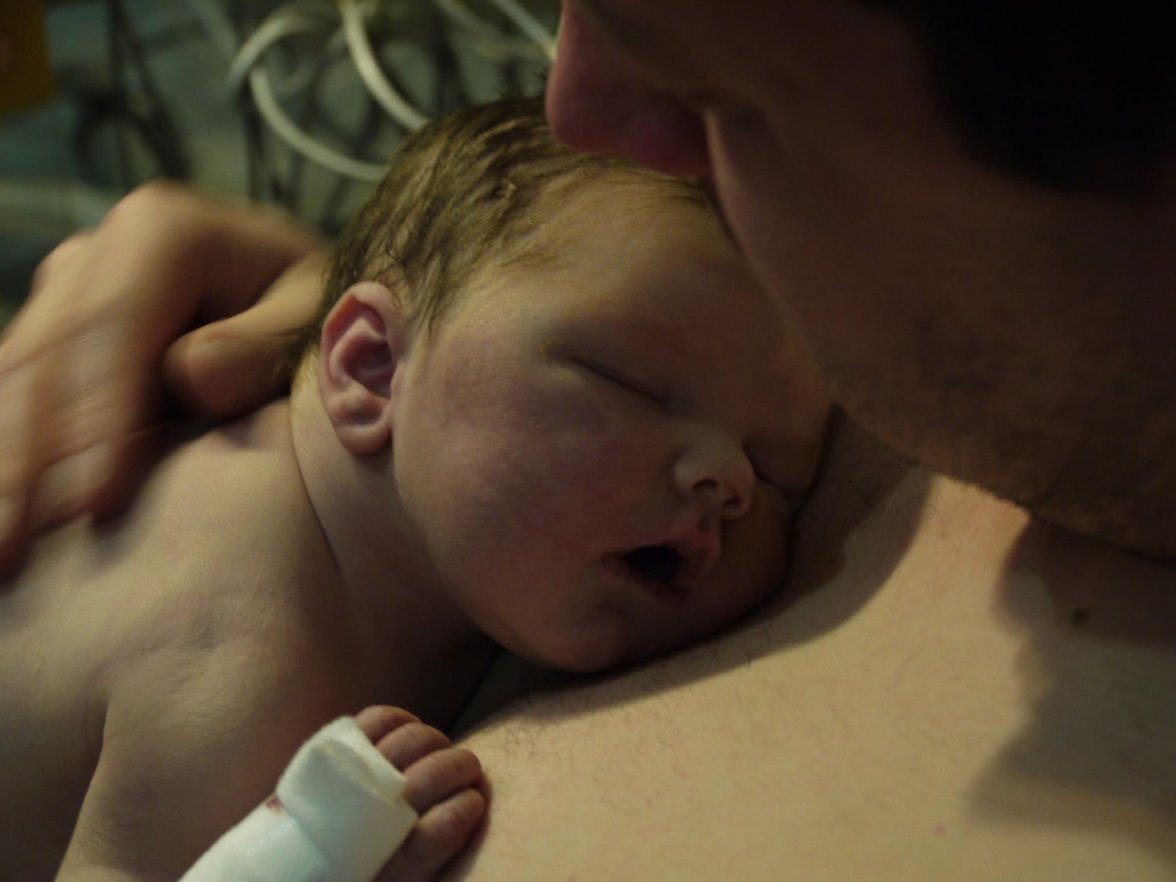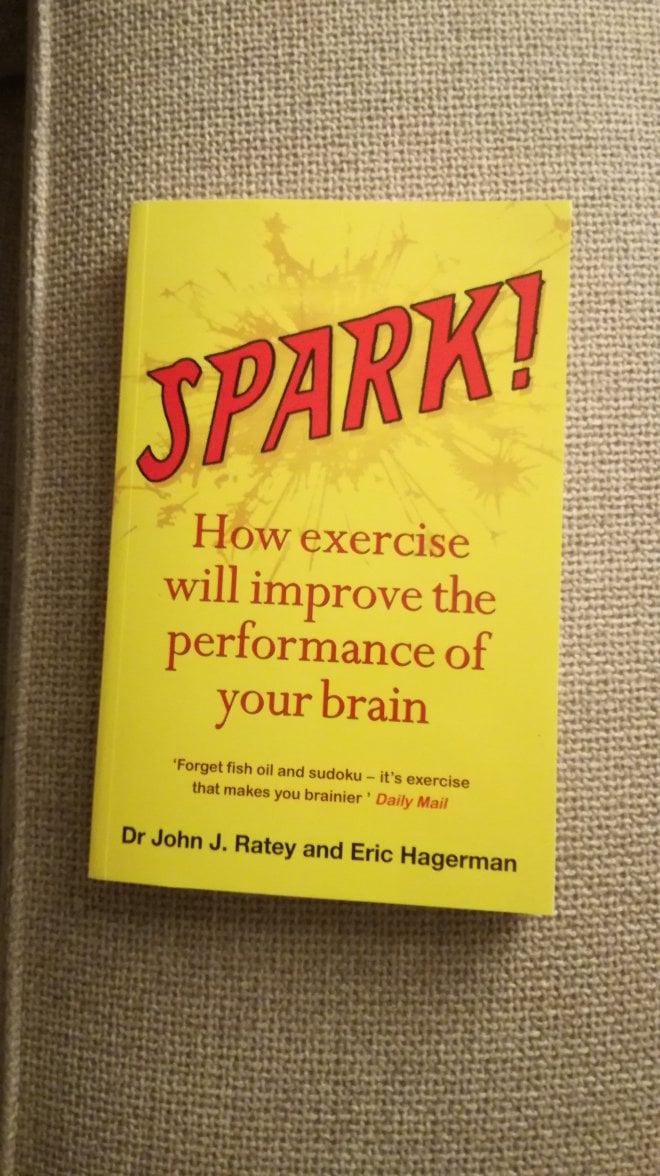So we all know what Carrie Fisher was famous for right? But did you know what else she was? She was a Mental Health Advocate and she had a mental illness, she suffered from bipolar disorder.
Well guess what, I have a mental illness too. I battle depression, more specifically MDD or Major Depressive Disorder. It’s a disease, like heart disease or diabetes, treatable but not curable and most commonly thought to be linked to an imbalance of chemicals in the brain, affecting 19 million Americans and 350 million worldwide.
It’s something I’ve battled most of my life in one form or another, although I didn’t have a name or diagnosis for it until my mid thirties. Held in check for many years by antidepressant medication, it descended upon me in 2016 with a viciousness, like never before. It’s been brutal and debilitating, with unbearable darkness, sucking every bit of joy from my life.
One thing depression doesn’t do is discriminate. It doesn’t care how old you are or where you live, how much money you make or what color you are, it doesn’t care if you are a man or a woman or what kind of watch you wear, it's an equal opportunity disease.
Depression is also one of the leading causes for suicide. Yes, I know people who have survived an attempt; they simply couldn’t bear the torment anymore. Would I ever try, no, but that’s not to say I haven’t thought about it. Yes, it can get that dark, a pervasive feeling of inexplicable sadness, hopelessness and despair day after day, week after week, I have been there and I hope I never go there again.
Am I well now, honestly, no, am I better than I was earlier in the year, yes, will I be on medication for the rest of my life probably, but it beats the alternative (see above).
So what’s my point?
Talk about it.
If you or someone you know may be suffering from depression, or any other mental illness there is help. Is it easy, fυck no, I battle every day, I’m still trying to find medication(s) to make it more tolerable, I see a psychiatrist, I talk to a therapist, I talk about it with friends and family and I go to a support group, it all helps.
And last but not least it's nothing to be ashamed of, it's not a weakness or a defect it's just part of some of us.
Here are some links for anyone who needs help or wants answers:
NAMI - National Alliance on Mental Illness -
http://www.nami.org
DBSA - Depression and Bipolar Support Alliance -
http://www.dbsalliance.org

